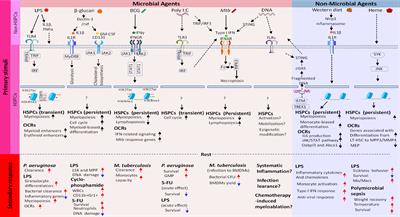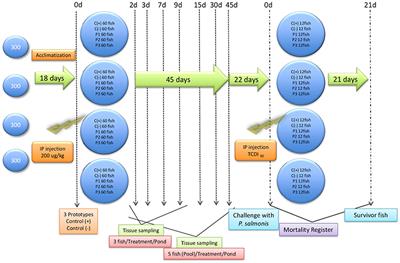EDITORIAL
Published on 24 Jun 2021
Editorial: Trained Immunity-Based Vaccines

doi 10.3389/fimmu.2021.716296
- 3,375 views
- 7 citations
48k
Total downloads
268k
Total views and downloads
EDITORIAL
Published on 24 Jun 2021

ORIGINAL RESEARCH
Published on 19 Apr 2021

REVIEW
Published on 29 Mar 2021

MINI REVIEW
Published on 08 Mar 2021

REVIEW
Published on 08 Mar 2021

REVIEW
Published on 18 Feb 2021

ORIGINAL RESEARCH
Published on 17 Feb 2021

REVIEW
Published on 25 Jan 2021

ORIGINAL RESEARCH
Published on 21 Jan 2021

REVIEW
Published on 07 Jan 2021

ORIGINAL RESEARCH
Published on 19 Nov 2020

ORIGINAL RESEARCH
Published on 08 Oct 2020
